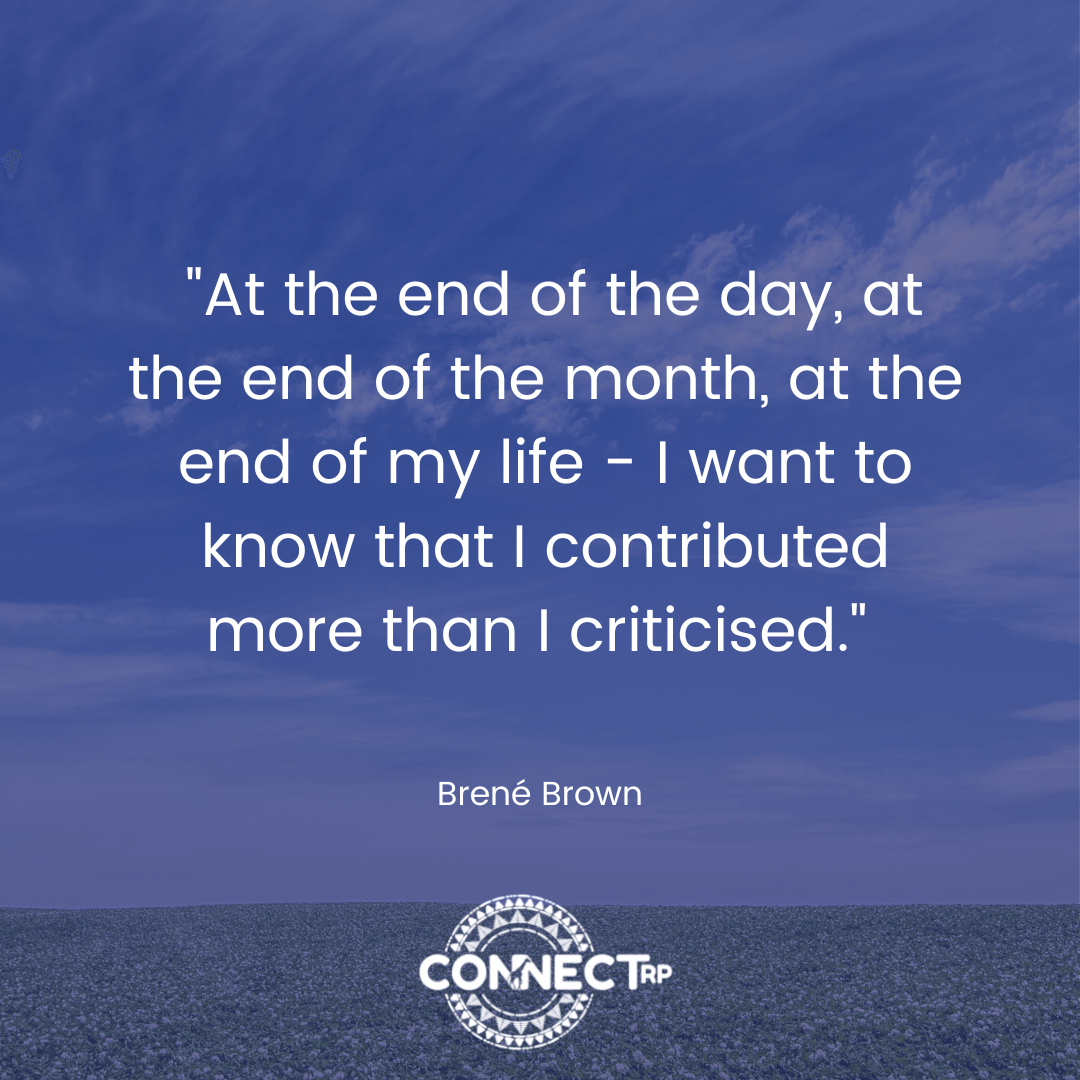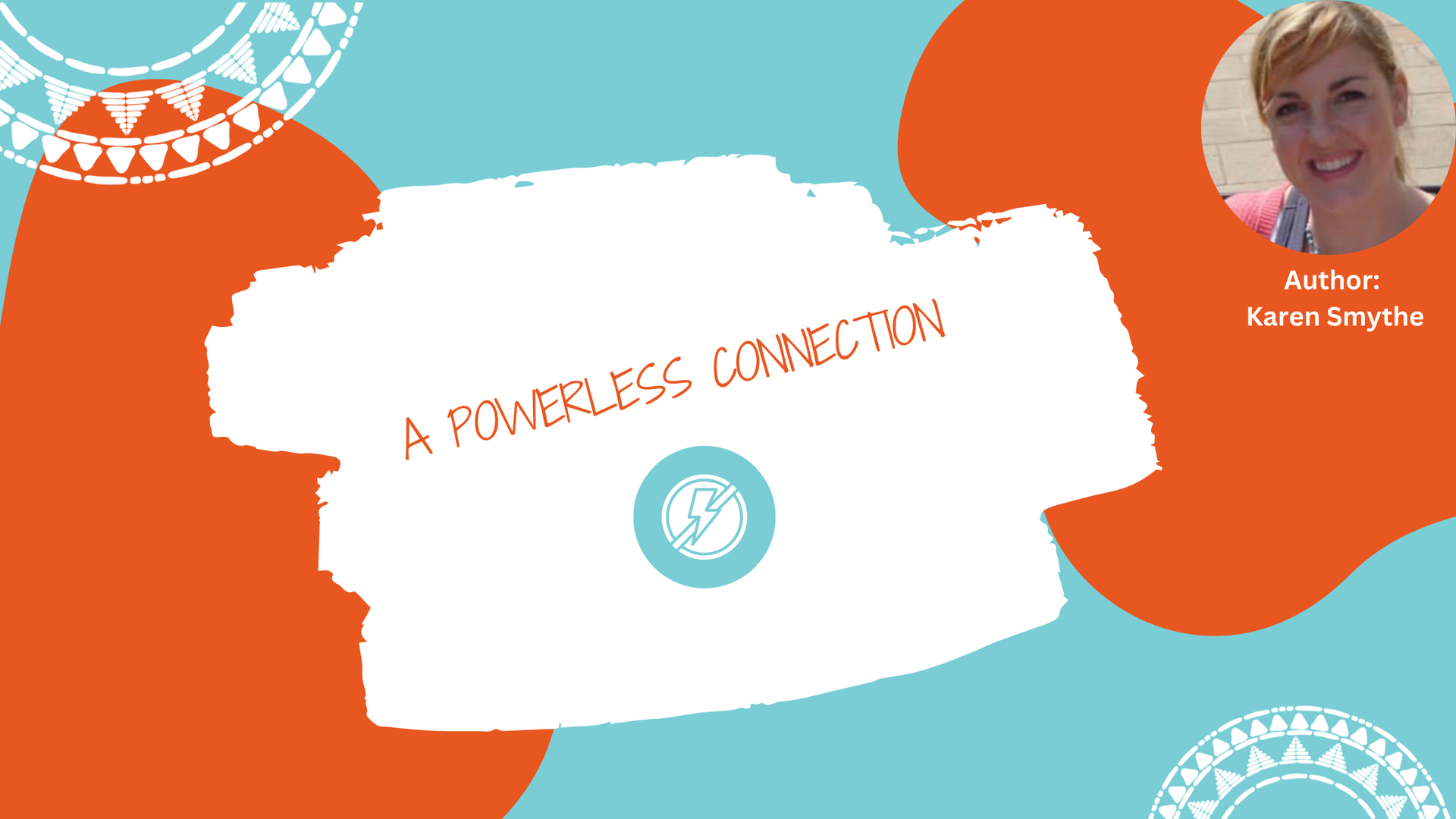Did I Contribute More than I Criticised?
December can be a tough time in schools - lots going on, many demands and some very tired bodies (and souls)!!
It’s so important to acknowledge and pause to take stock of all the ways we have contributed within our communities, to our colleagues, our students and their families! I can’t tell you the amount of time fun school activities or teachers’ passing kind comments get spoken about around the kitchen table in my sister’s house. The little things that we do can make such a big difference and create far-reaching ripples of chat, community and connection! We can forget the many ways we contribute to so many spaces and how what we do in education make a difference to heads, hearts and capacities!
We can have a tendency to criticise others too, especially when we are tired, overwhelmed and weary. We can find ourselves giving out a little more than usual, or caught up in the negative loop, well I know I can anyway! When I get like this, I can get ‘tight’ and inflexible! I also pass it on….in smaller ways like when I might highlight the time my student missed using a capital letter, instead of using the times that they did use them successfully to illustrate the importance of them! If you have ever seen Rita Pierson’s inspiring TED talk Every Kid Deserves a Champion, you will remember smiling at her anecdote where her student scored 2/20 and she puts + 2 and a big smiley face on the student’s paper reminding us that “minus 18 sucks the life out of ya, but plus 2 says ‘I ain’t all bad’!” !
The tendency to criticise can show up in bigger ways too, like when we spiral into the absolutes ‘ nothing is going well’, ‘everybody is letting me down’, ‘I am always the one doing it’, ‘They never do what they say they are doing to do’ etc. We can lose perspective here and such absolutes – ‘never/always’ are often inaccurate and very corrosive to communication, they hinder adaptation and collaboration.

RP can offer us a different pathway, a relational lens and language to support connection. A question that cab facilitate this is:
‘Have I contributed today more than I criticised? (Brené Brown)
It can refocus our rumination on what is going wrong, offer us a softer thinking routine that is more grounding. Indeed we may have many valid reasons to feel frustrated and to give out, but how is the practice of giving out working for us and the communities within which we work?
Balancing the need to acknowledge harm and wrongdoing in a way that others can receive it, while also focusing on seeking and being part of the solution is a huge part of being restorative. This question supports me with this intention. Is this good for the communities within which we work? - Absolutely! But it is also good for our own health, to mind our own head space, to not take things as personally and instead focus on the things we can influence.
I’d like to offer two invitations to support us with positive contributions, with engagement. The first is a proactive strategy or practice where we notice the good. Our On a Bright Note Resource Post Primary / Primary in school aims to support us with noticing what we do want to see, feel, hear, linking this to our restorative values – celebrating values in action. A responsive strategy to prevent us from disengaging in times of challenge is to practise healthier thinking routines when we are on the loop, giving out in the car or lying in bed replaying the day, ask yourself:
Have I contributed today more than I criticised?
It’s a practice and what we practise grows stronger! I hope you all really contribute to yourselves over the holidays, and I’d like to take the opportunity to the communities that I get to work with to thank you so much for all the ways you contribute to me professionally through your inspiring ideas but also on a personally through the school communities you invite me to be a part of. I am so grateful.
Happy Christmas and holidays to you all,
Michelle (& the Connect RP Team :-))!




